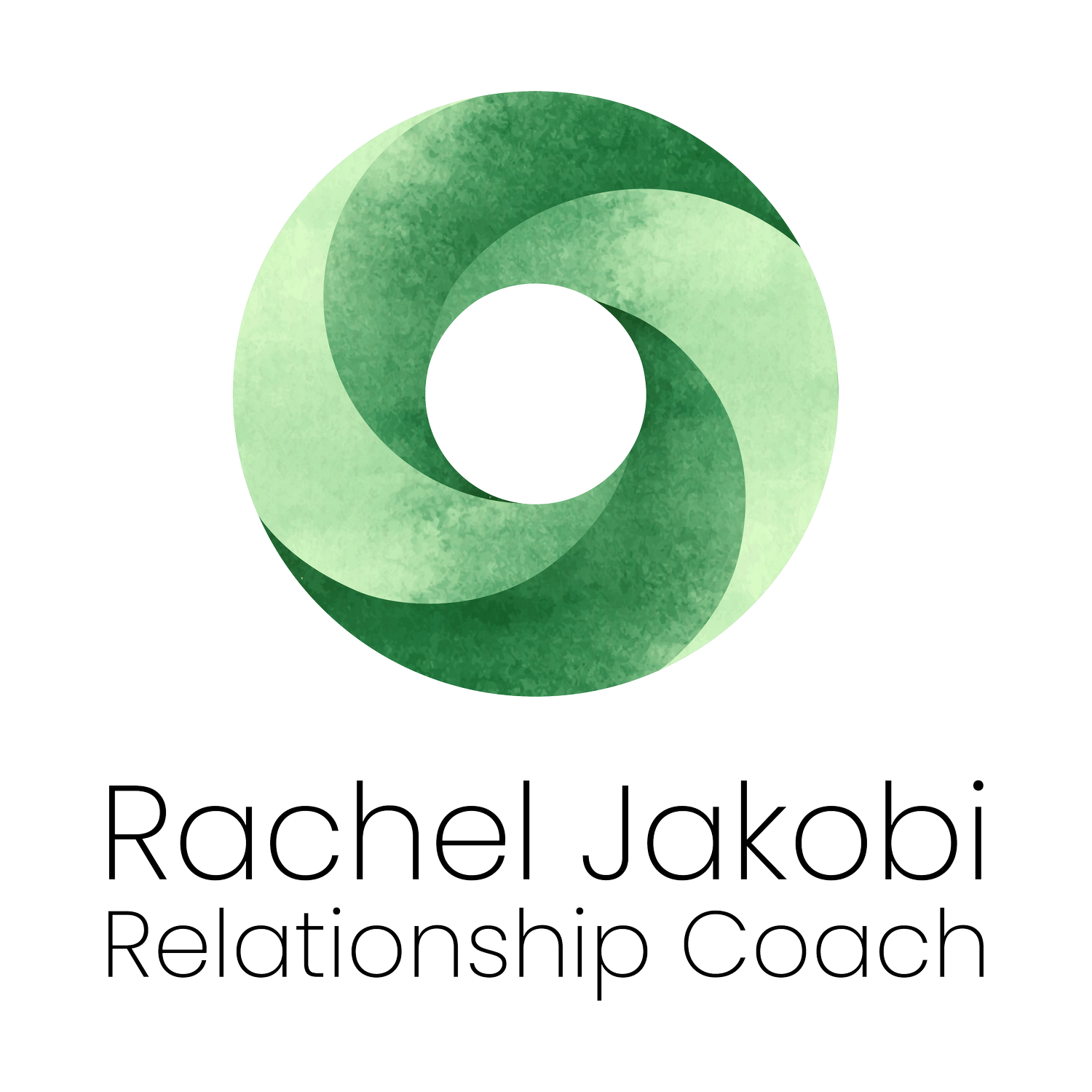Living with ADHD—or loving someone who does—can bring unique joys and challenges to a relationship. While ADHD can create hurdles in communication, time management, and emotional regulation, understanding its impact and adopting supportive strategies can help couples thrive. With patience, empathy, and the right tools, you can build a relationship that embraces each partner’s strengths while addressing their unique needs.
How ADHD Impacts Relationships
ADHD affects many aspects of daily life, and these effects often spill over into relationships. Here are some common ways ADHD can impact partnerships:
Communication Issues
Forgetfulness, frequent interruptions, or difficulty focusing during conversations can leave the non-ADHD partner feeling unheard or dismissed. This may lead to misunderstandings or feelings of neglect.Example: One partner forgets an important date or zoning out during a conversation, unintentionally causing frustration.
Imbalance of Responsibility
The non-ADHD partner may feel they are shouldering most of the household or emotional responsibilities. This dynamic can create resentment if left unaddressed.Emotional Dysregulation
People with ADHD may have difficulty managing emotions, leading to impulsive reactions or heightened sensitivity to criticism.
These challenges, while real, are not insurmountable. Resources like ADDitude Magazine share real-life stories and strategies for managing ADHD’s impact on relationships.
Strategies for Success
Addressing ADHD in relationships requires teamwork, open communication, and practical solutions. Here are some actionable strategies:
Set Clear Expectations
Structure and predictability can help reduce misunderstandings. Use tools like shared calendars, task management apps, or written to-do lists to keep responsibilities visible and manageable.Example: Apps like Trello or Asana can help track shared tasks and deadlines.
Practice Patience and Empathy
Recognize that ADHD behaviors, such as forgetfulness or impulsivity, are not intentional. Taking a compassionate approach rather than blaming your partner can foster understanding and reduce conflict.Tip: Pause and breathe before reacting to a frustrating situation, and remind yourself that ADHD is a neurological condition, not a character flaw.
Create a Safe Space for Feedback
Regular check-ins can help both partners share their concerns without feeling attacked. Choose a calm moment to discuss how ADHD behaviors impact the relationship and brainstorm solutions together.Example: Set aside 15 minutes weekly for a “relationship meeting” to discuss goals, responsibilities, and feelings.
Simplify Daily Routines
ADHD can make mundane tasks feel overwhelming. Break down chores into smaller steps and tackle them together when possible.Example: Instead of “clean the house,” focus on one room or task at a time, like “organize the kitchen pantry.”
Celebrate Strengths
ADHD also comes with unique strengths, such as creativity, spontaneity, and hyperfocus on areas of interest. Highlighting these positives can help both partners feel appreciated and valued.
Resources for Couples with ADHD
Finding the right support and resources is essential for navigating ADHD in relationships. Here are some trusted sources:
CHADD (Children and Adults with Attention-Deficit/Hyperactivity Disorder)
This organization provides resources, educational materials, and support groups for people with ADHD and their loved ones.ADDitude Magazine
A comprehensive source of information on ADHD, including tips for managing its effects on relationships.Beyond Blue
Offers mental health resources and strategies for managing stress and emotional challenges, especially for couples.ADHD Coaches Organization
Connect with ADHD coaches who can help individuals and couples navigate daily life with practical strategies.
While ADHD can present unique challenges in relationships, it also offers opportunities for growth, understanding, and collaboration. With open communication, structured strategies, and the right resources, you can navigate these challenges together and create a partnership that thrives on mutual respect and love.
Remember, you’re not alone in this journey. Seeking professional guidance or connecting with ADHD-focused communities can provide additional support and insights. Together, you and your partner can turn challenges into opportunities for a stronger, more resilient relationship.
